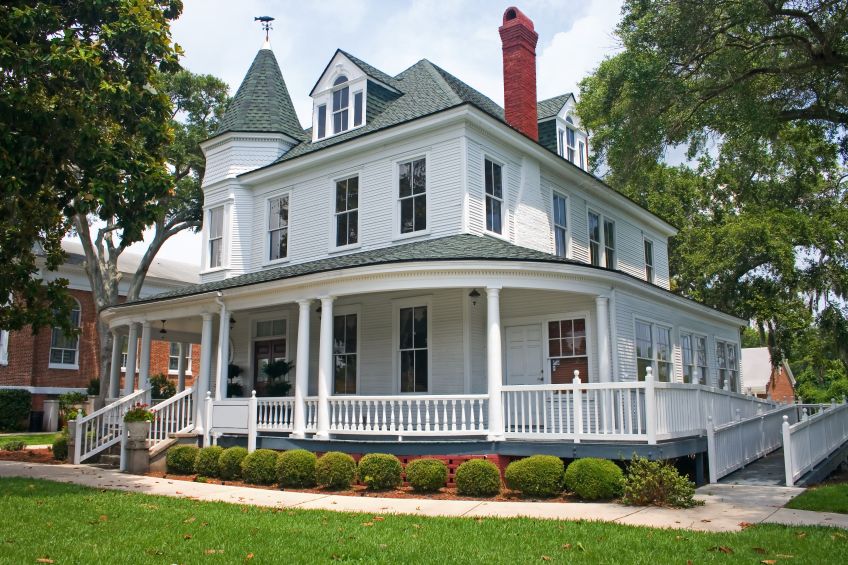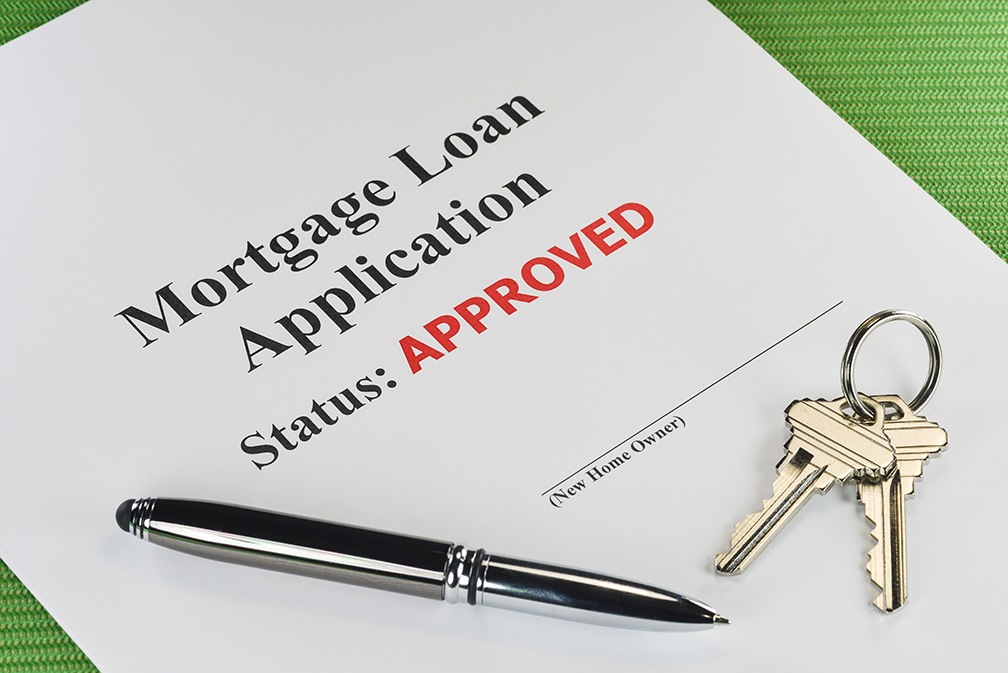Kids Moving Out of the House? Here Are 3 Tips for Creating a Warm, Welcoming Guest Bedroom
 If you’re a homeowner with children, at some point, you’ll be saying goodbye. They’ll move off to college or to start their career and adult life. As children move out, you’ll discover that you have extra bedrooms and other living spaces that will need a new purpose. Let’s take a look at three ways that you can transform an unused bedroom into a welcoming place for guests to stay.
If you’re a homeowner with children, at some point, you’ll be saying goodbye. They’ll move off to college or to start their career and adult life. As children move out, you’ll discover that you have extra bedrooms and other living spaces that will need a new purpose. Let’s take a look at three ways that you can transform an unused bedroom into a welcoming place for guests to stay.
Get Started With A Deep Clean
The first thing you’ll want to do is engage in a top-to-bottom deep clean of the room. Get everything out of the room so that nothing’s left but the carpet. Clean the walls, windows, light fixtures and closets until they’re sparkling clean. If the carpet is still in good condition and doesn’t have a lot of stains, have it professionally steam-cleaned. Or if it’s a little beat up from years of abuse, consider replacing it with beautiful new carpeting.
Consider A Fresh Coat Of Paint
Have a look at the condition of the paint and walls. Does the paint still add a colorful “pop” to the room? Or have the years taken away its luster? Do the walls have scratches, dents, and holes in random areas? Are they in need of repairs?
Even if the paint is in good condition, this is an excellent opportunity to completely change the look and feel of the room. Consider going with a lighter color palette that gives off a welcoming vibe.
Go With Matching Furniture And Tables
Once the room itself is in tip-top shape, you’ll need to focus on the bed, dresser, tables and other furniture. As mentioned above, this is the perfect time to get rid of any mismatched furniture and replace it with a matching bedroom set. Also, be sure to toss out any dated mirrors or light fixtures that don’t match up with the room’s new look.
As your children get older and move out of the family home to start their own lives, you’ll be granted with a lot more space to make use of. Having a welcoming guest bedroom or two will ensure that you’ve always got some room for family members to come and visit. But if you decide that you’ve got too much space, contact your trusted mortgage professional.

 Whether you are just starting to shop for a new home or you’ve been paying off your mortgage for years, the news of potential interest rate increases may be worrying. Of course, interest rates naturally cycle higher and lower over time, so is there anything to be genuinely concerned about? In today’s article, we’ll explore interest rates and how you can prepare for an upward trend in rates if and when the time comes.
Whether you are just starting to shop for a new home or you’ve been paying off your mortgage for years, the news of potential interest rate increases may be worrying. Of course, interest rates naturally cycle higher and lower over time, so is there anything to be genuinely concerned about? In today’s article, we’ll explore interest rates and how you can prepare for an upward trend in rates if and when the time comes. Last week’s economic news was slim due to the Labor Day Holiday. Scheduled releases included the Fed’s Beige Book Report and weekly readings on mortgage rates and new jobless claims.
Last week’s economic news was slim due to the Labor Day Holiday. Scheduled releases included the Fed’s Beige Book Report and weekly readings on mortgage rates and new jobless claims.  Have you been considering a mortgage for your next home purchase? As with any loan or financial product, there are a variety of fees and costs you may incur in the process of closing your mortgage. In today’s post, we’ll explore a few of these potential fees and the situations in which you may encounter them. Let’s get started!
Have you been considering a mortgage for your next home purchase? As with any loan or financial product, there are a variety of fees and costs you may incur in the process of closing your mortgage. In today’s post, we’ll explore a few of these potential fees and the situations in which you may encounter them. Let’s get started! Are you in the market for a new home? If you are going to rely on mortgage financing to cover some of the purchase cost, you will need to start the application process as soon as possible. However, what if you just need to know how much you will be able to borrow so you can start finding homes in your price range?
Are you in the market for a new home? If you are going to rely on mortgage financing to cover some of the purchase cost, you will need to start the application process as soon as possible. However, what if you just need to know how much you will be able to borrow so you can start finding homes in your price range?